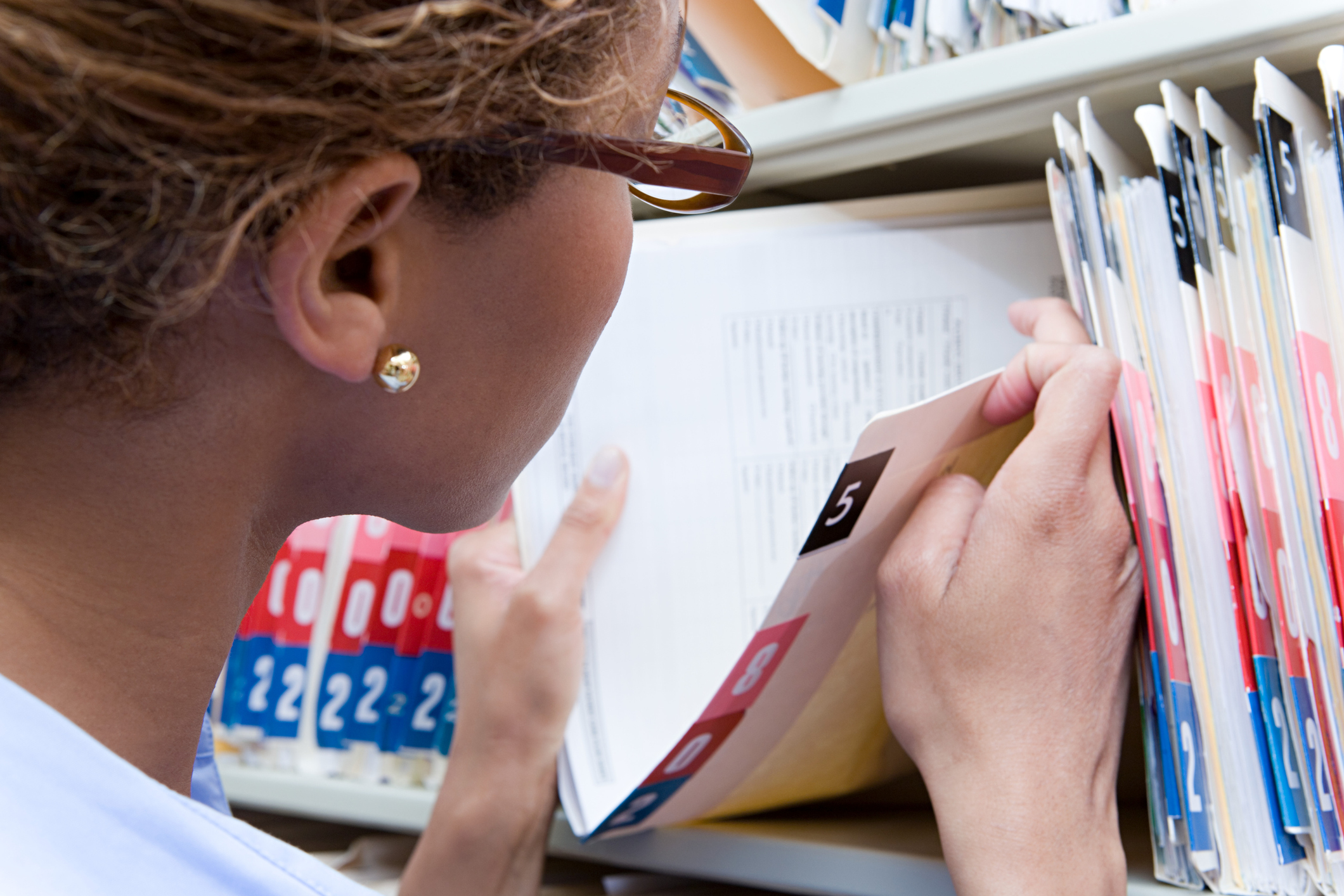Fibromyalgia is a devastating condition, and it’s one that is often underdiagnosed. Many adults with the condition can have a hard time getting their condition recognized by doctors. That’s partly because the medical establishment simply doesn’t know that much about the condition, and partly because the symptoms are often difficult to separate from those of other conditions.
But children can also be affected by juvenile fibromyalgia. And when children have the condition, it can be even harder to get a diagnosis. Often, children have a hard time expressing their symptoms and most have never heard of fibromyalgia. As the parent of a child struggling with juvenile fibromyalgia, it’s important to be aware of what the signs are so you can get your child the treatment they need. So, what are some of the things you should look out for, and what can you do to help?
WHAT ARE THE SIGNS OF JUVENILE FIBROMYALGIA?
Fibromyalgia affects around 2 to 6% of children and is more common in girls than boys. But the hardest part of recognizing juvenile fibromyalgia is that your child will often be unable to tell you what they’re feeling, particularly if they are younger. So, as a parent, it’s important to look out for some of the more subtle signs that your child is suffering from the condition.
Fibromyalgia causes chronic fatigue and pain. Usually, this results in a child with the condition seeming tired constantly. They may have trouble sleeping at night and seem exhausted during the day. Usually, kids tend to be groggy early in the morning when it’s time for school. But if your child seems like they are always tired or far more fatigued than normal, there’s a good chance that something is wrong.
The pain of fibromyalgia is also widespread and severe. But younger children may have a hard time explaining that they are in pain. Instead, children with the condition can seem irritable or withdrawn. Or they may move more slowly than normal and even limp. Your child may also suffer from frequent headaches and pain or cramping in the abdomen.
Fibromyalgia can also cause problems with short-term memory. People often refer to this as “fibro fog.” It can manifest itself as difficulties with paying attention in class and a struggle to remember things the child has already learned. If your child is struggling in school, it may be a sign that they have juvenile fibromyalgia.
Finally, children with juvenile fibromyalgia may have problems with their moods like anxiety and depression. If your child is experiencing these symptoms, make sure to take note of them and take them to a doctor.
WHAT SHOULD YOU DO IF YOU THINK YOUR CHILD HAS JUVENILE FIBROMYALGIA?
One of the best things you can do is have a comprehensive list of symptoms you have noticed in your child. Have an idea of what your child is experiencing and when. That will help your doctor make an accurate diagnosis. And it’s especially helpful with younger children who may not be able to talk about their symptoms themselves.
The doctor will start by considering the child’s symptoms and then try to rule out other possible conditions like lupus or mood disorders. This will probably involve some blood tests to check for raised antibody levels, which are a sign of autoimmune disease, one of the most common conditions with similar symptoms.
If the doctor can’t find another source of your child’s symptoms, they will perform a physical test for fibromyalgia. The test is the same as it is for adults and involves pressing the thumb into 18 specific points on the body. These “tender points” are associated with fibromyalgia and if the child has pain in at least 11 of them, then that’s a good sign that they are suffering from the condition. If the child has these tender points and has shown long-term pain and fatigue without any other cause, then the doctor will make a diagnosis of fibromyalgia.
If your child is diagnosed, make sure you follow your doctor’s treatment recommendations. If you’re not satisfied that your child’s treatment is working to help their pain, consider finding a doctor who specializes in fibromyalgia. They may have more experience working with juvenile fibromyalgia patients and knowledge of treatment options that your general practitioner doesn’t. You can find many resources to help with finding the right doctor on the National Fibromyalgia Association’s website here.
So, do you have any experience with juvenile fibromyalgia? What do you think others should know? Tell us in the comments.



My daughter has fibro like I have diagnosed with cfs as paediatrician said in suffolk they do not recognise juvenile fibro so had to use umbrella term of cfs..this was about 3 years ago. She was not given any meds and she can’t go to school struggles with it and other things too. She has most of symptoms you listed in article …I have today now she is 16 contacted the gp to ask for medications to help her pain levels..I am hoping that they can without seeing the paediatrician